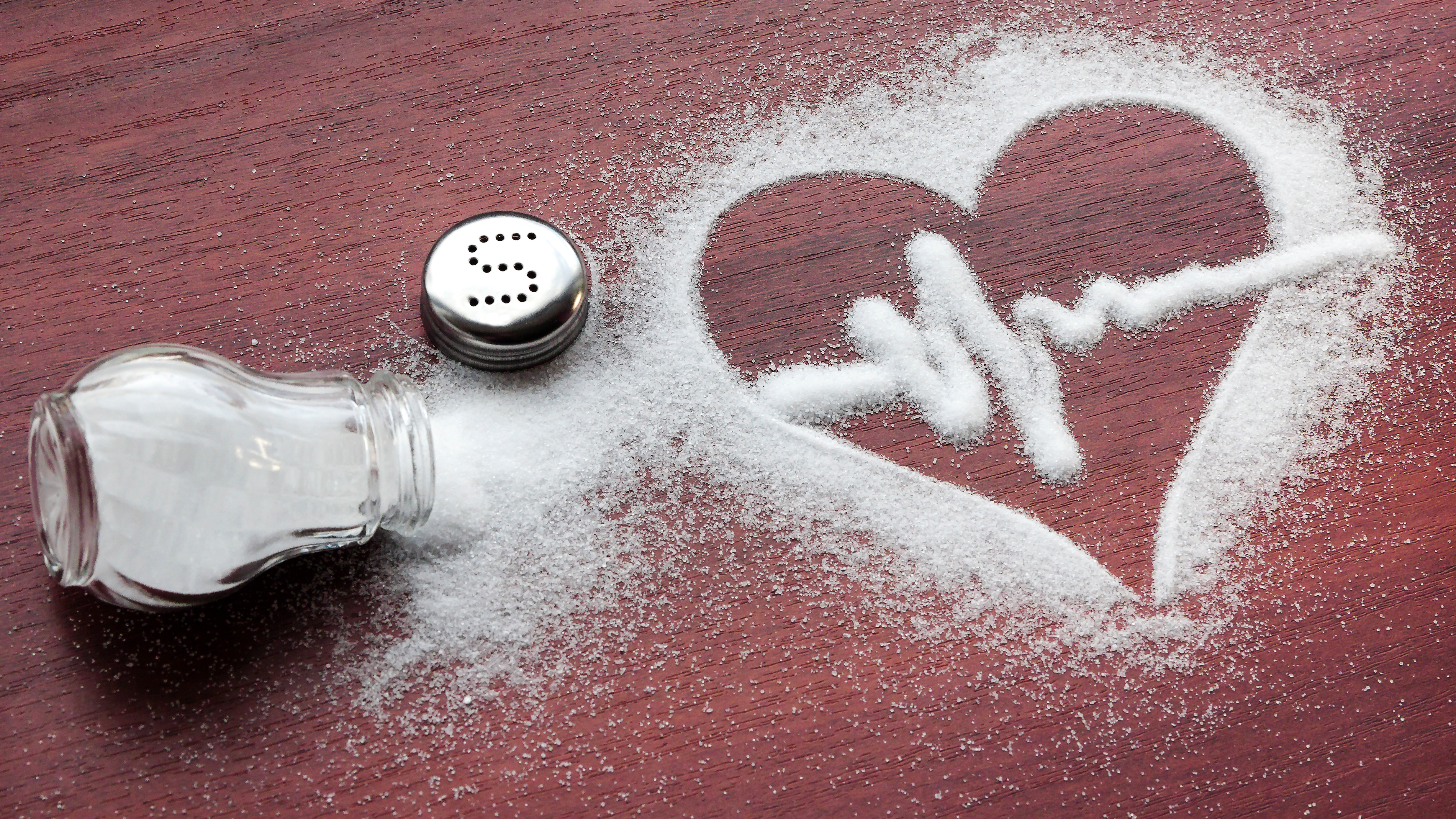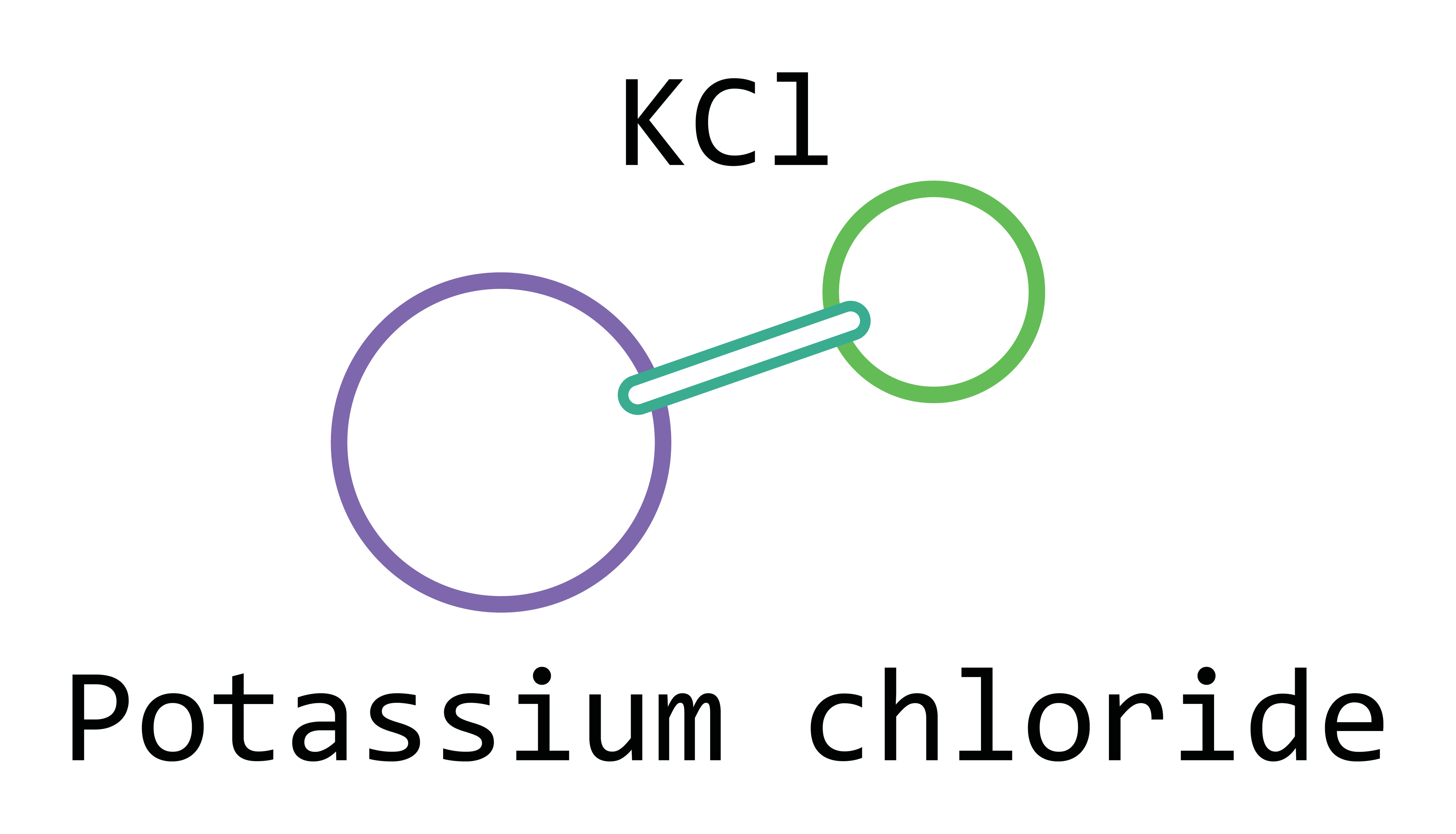
9 out of 10 Americans: Are We Consuming Too Much Salt?
As people become more conscious about what they eat and drink, sodium has emerged as a key topic of discussion in the U.S. diet. Salt, or sodium chloride, is not just a simple seasoning but an integral part of how we experience food. It can mellow out bitter notes and amplify sweet and savory flavors, making meals more enjoyable. Whether you're dining out or cooking at home, salt is always within reach, ready to take your culinary creations to the next level.
However, this beloved ingredient comes with its own set of challenges. While it adds incredible depth to dishes, overindulging in salt can lead to serious health issues. The Centers for Disease Control and Prevention (CDC) reports that nearly 90% of Americans consume around 3,400 mg of sodium per day—way above the recommended limit of 2,300 mg. High sodium intake has been linked to increased blood pressure, which can increase the risk of heart disease and other cardiovascular problems.
A Healthy Alternative: Meet Potassium Chloride

Luckily, the food industry is evolving, offering solutions to help reduce sodium intake without compromising on taste. One such innovation is Potassium Chloride, a mineral salt that closely mimics the flavor-enhancing properties of regular sodium salt. Potassium is an essential nutrient that supports various bodily functions like muscle contraction and nerve signaling. By substituting potassium chloride for sodium chloride, many food producers have managed to cut sodium levels by up to 50% in their products. This shift is especially beneficial for those looking to manage their sodium intake while still enjoying flavorful meals.
Decoding Sodium Chloride
Sodium chloride, often referred to as table salt, plays a critical role in both cooking and preserving food. It enhances taste, diminishes bitterness, and lowers water activity, which helps prevent bacterial growth. Despite its benefits, excessive sodium consumption can negatively impact health, contributing to high blood pressure, heart disease, and strokes. As awareness grows, many are turning towards alternatives like potassium chloride to strike a healthier balance.
The Benefits of Potassium Chloride
Potassium chloride serves as an excellent substitute for sodium chloride, particularly in low-sodium or salt-replacement products. It delivers that familiar salty taste without the downsides of high sodium intake. Potassium is essential for maintaining fluid balance, transmitting nerve impulses, and supporting muscle function. Studies suggest that adequate potassium consumption may help lower blood pressure and reduce the likelihood of stroke. For those seeking to minimize sodium in their diets, potassium chloride offers a practical solution.
Further Reading and Resources
- How Much Sodium Chloride Can Be Replaced by Potassium Chloride in Crackers? – ScienceDirect
- CDC: 90% of Americans Eat Too Much Salt – Medical News Today
- Ways to Gradually Reduce Salt Intake – FDA
- Salt Substitutes: Understanding Potassium Chloride – Healthline
- Is Potassium Chloride a Type of Salt? – WebMD

Far infrared belt,Graphene knee pads,pemf belt
Guangzhou Fuerle Health Technology Co., Ltd , https://www.fuerlegroup.com